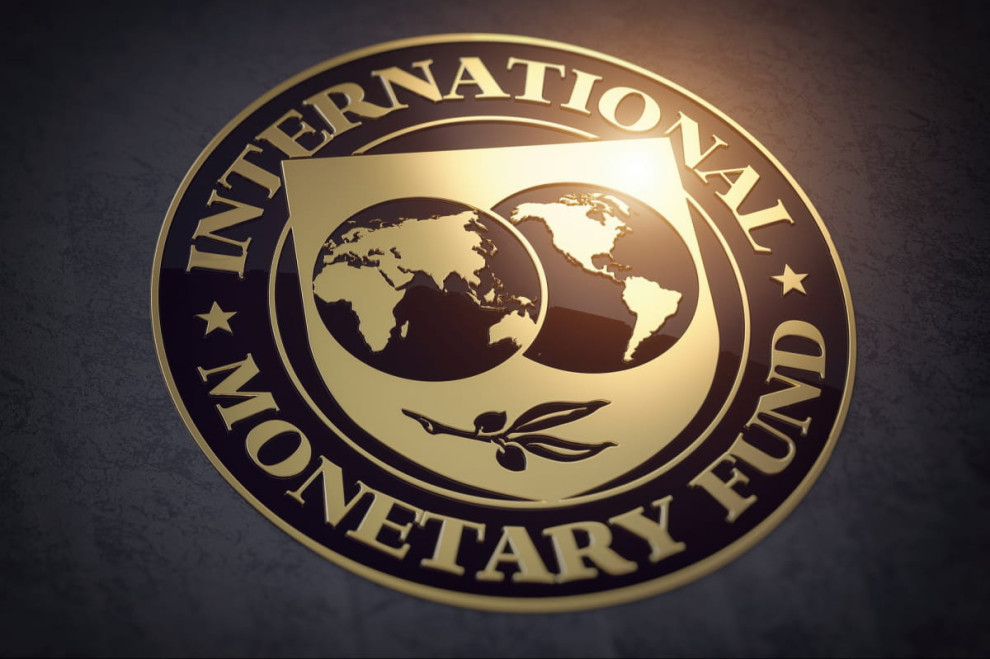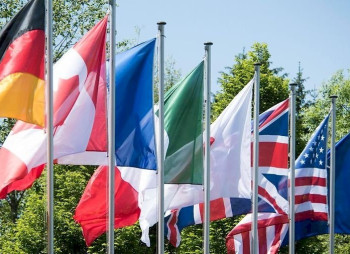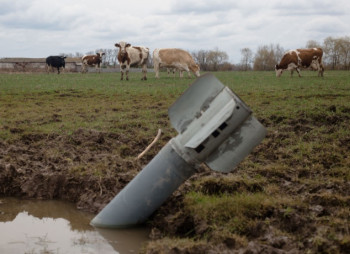"Ukraine’s EFF-supported program aims to anchor policies that sustain fiscal, external, price and financial stability and support economic recovery, while enhancing governance and strengthening institutions to promote long-term growth in the context of post-war reconstruction and Ukraine’s path to EU accession," the IMF said.
"The Executive Board’s decision allows the immediate disbursement of around SDR 2 billion (or $2.7 billion)," the fund said.
The IMF mission chief for Ukraine, Gavin Gray, told reporters that the first review of the program is expected in June-July this year, the second - by the end of October, possibly in early November, and from 2024 it will be quarterly.
"The approval of the EFF is expected to mobilize large-scale concessional financing from Ukraine’s international donors and partners, to help resolve Ukraine’s balance of payments problem, attain medium-term external viability, and restore debt sustainability on a forward-looking basis in both a baseline and downside scenario," the fund said.
"In view of the exceptionally high uncertainty faced by Ukraine, its IMF-supported program envisions a two-phased approach. In the first phase of the program, envisaged during 2023-2024, the focus will be on implementing a robust budget for 2023 and bolstering revenue mobilization, including by avoiding new measures that might erode tax revenues, sustaining steady disinflation and exchange rate stability, including through maintaining adequate foreign exchange reserves, and contributing to long-term financial stability, including by preparing a deeper assessment of the banking sector health and further promoting central bank independence. The authorities are also committed to safeguarding and continuing reforms to strengthen governance and anti-corruption frameworks, including through legislative changes. Social spending will be safeguarded under the program," the report says.
"The second phase of the program will shift focus to more ambitious structural reforms to entrench macroeconomic stability, support the recovery and early post-war reconstruction, and enhance resilience and higher long-term growth, including in the context of Ukraine’s EU accession goals. Ukraine would be expected to revert to pre-war policy frameworks, principally a flexible exchange rate and inflation targeting, while boosting productivity and competitiveness, strengthening institutions, and tackling financial and energy sector vulnerabilities. In addition, fiscal policies would focus on critical structural reforms to anchor medium-term revenues through the implementation of a national revenue strategy, together with strengthening public finance management and introducing public investment management reforms to support post-war reconstruction," it says.
"Risks to the EFF arrangement are exceptionally high. The success of the program depends on the size, composition, and timing of external financing on concessional terms to help close fiscal and external financing gaps and restore debt sustainability on a forward-looking basis under the baseline and downside scenarios," Gita Gopinath, First Deputy Managing Director of the IMF, said.
Gavin Gray specified that in addition to the fund's $15.6 billion, the support package includes $80 billion from multilateral and bilateral donors, of which $20 billion in grants and $60 billion in concessional loans, as well as another $20 billion in the form of deferred payments on external debt.
According to him, the base scenario assumes the winding down of the war in the middle of 2024, while the negative one - before the end of 2025 with an increase in funding needs up to $ 240 billion.
At the same time, the IMF representative stressed that the program provides for additional guarantees in this regard from a number of the fund's shareholders as preferred creditors, in particular the G7 countries, Belgium, Lithuania, the Netherlands, Poland, Slovakia and Spain.






